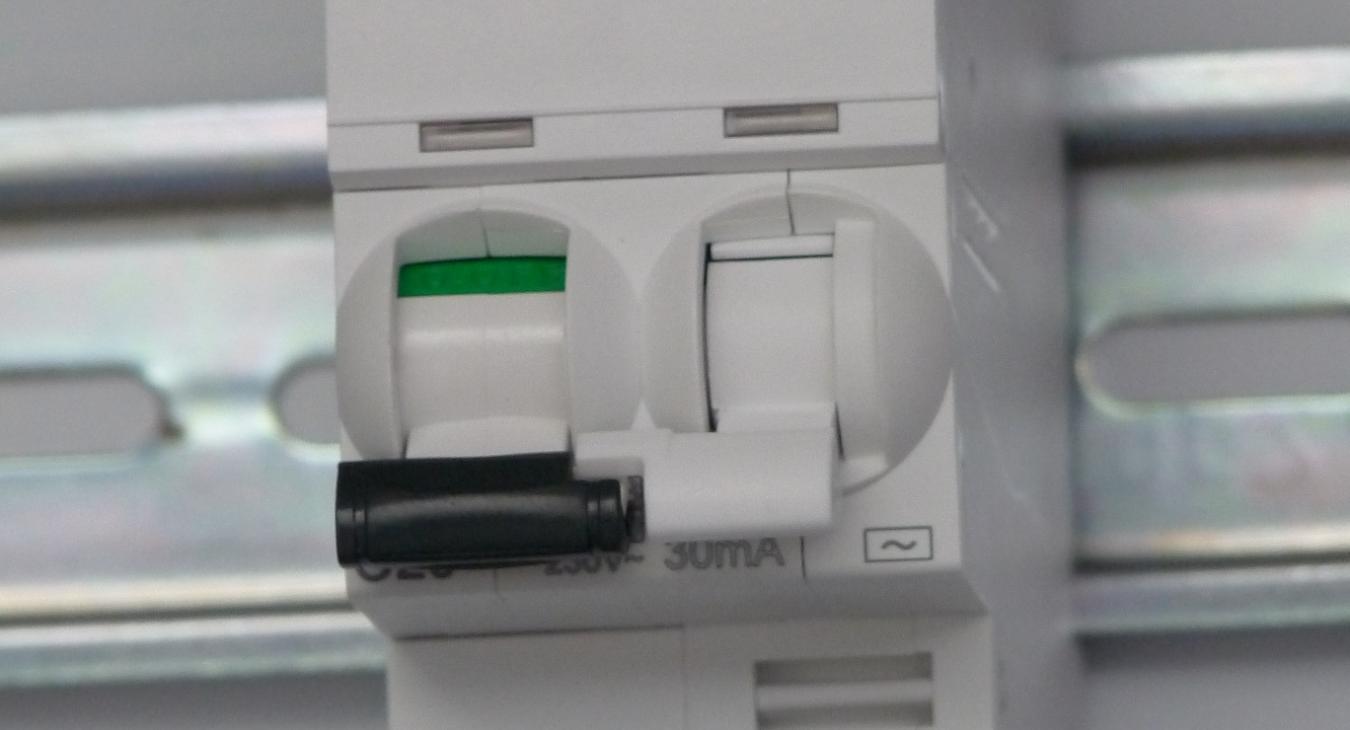
Updating your RCD protection
1) Due to recent legislative changes regarding RCD protection, many Nottingham homeowners are now finding they need to update their RCD protection.
Unless you are an electrician, these changes are likely to mean very little and can seem confusing. As your trusted, local electrician in Nottingham Definitive Electrical Solutions here to explain what updating your RCD protection involves and why it is important.
Back to top2) What is an RCD?
RCD is short for Residual Current Device, and it is a key safety device found in your fuse board/consumer unit. Primarily used to prevent an electrical shock occurring, an RCD is designed to cut the flow of electricity swiftly when a dangerous fault occurs. An RCD can cut the power in as little as 40 milliseconds when it detects a fault. It continuously monitors the circuits it is assigned to. A variety of RCDs are available, each with specific uses. The most common RCDs fitted on fuse boards in Nottingham and across England were of type AC. As technology has moved on these type AC RCDs are no longer considered safe and must now be replaced.
Back to top3) Why does RCD protection need updating?
Type AC RCDs were previously the industry standard and were widely installed in homes across the UK. At that time, they were exposed primarily to AC current faults and were designed to handle issues relating to that. New technology now fills our homes and much of the standard electronic equipment we use can also generate DC current. A type AC RCD cannot react to DC current issues and can be blinded as a result. This means your RCD can fail to react to a fault and could leave you in a dangerous position. The required RCD for new installations is now a type A RCD. They are designed to handle both AC and DC current faults and will keep you and your family safe.
Back to top4) Do I need to replace my RCDs?
For many Nottingham homeowners, their RCDs will likely need to be replaced when other electrical work is carried out, such as the installation of an EV charger or additional socket. This is to meet new legislative standards and to ensure your continued safety. All electrical work that requires new cabling or circuits, or changes to existing circuits will now require RCD type A protection to be installed. If you are having new appliances fitted for example, your electrician will check the status of your RCD before work commences. For some homeowners they may find that a new fuse board is needed to accommodate the changes. A qualified electrician can advise you of your options and provide you with a quote for any works required. Whilst it can be tempting to circumvent the rules and forego the changes, doing so leaves you in a potentially dangerous situation and no reputable electrician would agree to undertake such a job.
Definitive Electrical Solutions are based in Nottingham and work across the East Midlands. We are your friendly, local electrician. We are fully qualified, experienced NICEIC registered electricians who take great pride in our professional and reliable service. If you have any further questions about updating your RCD protection call us today.
Back to top




